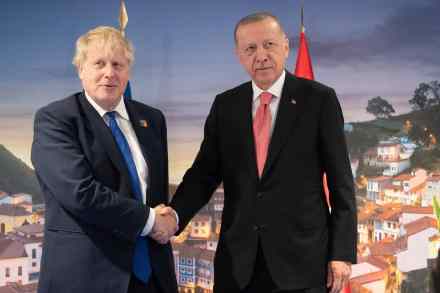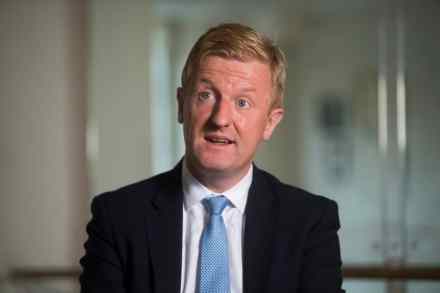Why Rishi Sunak quit
On Tuesday, the last cabinet meeting with Sajid Javid as health secretary and Rishi Sunak as chancellor passed without any hint that either was about to resign. The ministers did not co-ordinate their resignations, but they had both been tipped over the edge by growing evidence that No. 10 had misled MPs by declaring Boris Johnson had no prior knowledge of Chris Pincher’s behaviour. Sunak had also grown tired of the Prime Minister’s economic ‘cake-ism’ – the fantasy of wanting both high spending and low taxes. The contradictions had become untenable. In that cabinet meeting, Johnson offered more cake. He was his usual ebullient self, promising a morale-raising speech to




















